Since Thailand’s groundbreaking decision to decriminalise cannabis in 2022, the nation has experienced a rapid and unprecedented boom in cannabis-related tourism. Bangkok, Phuket, and Chiang Mai have emerged as the main hubs for this new wave of visitors, with dispensaries, cafés, and wellness retreats catering to both local consumers and international travellers. By 2025, the country’s cannabis scene has matured into a vibrant, visible part of the hospitality industry, contributing significantly to tourism revenue. Yet alongside this growth has come political uncertainty, as the Thai government debates whether to impose stricter regulations, particularly on recreational use. This has placed the industry at a crossroads, with stakeholders unsure whether the country will continue on a path of openness or pivot to a more controlled, medical-focused framework.
Bangkok: The Epicentre of Urban Cannabis Culture
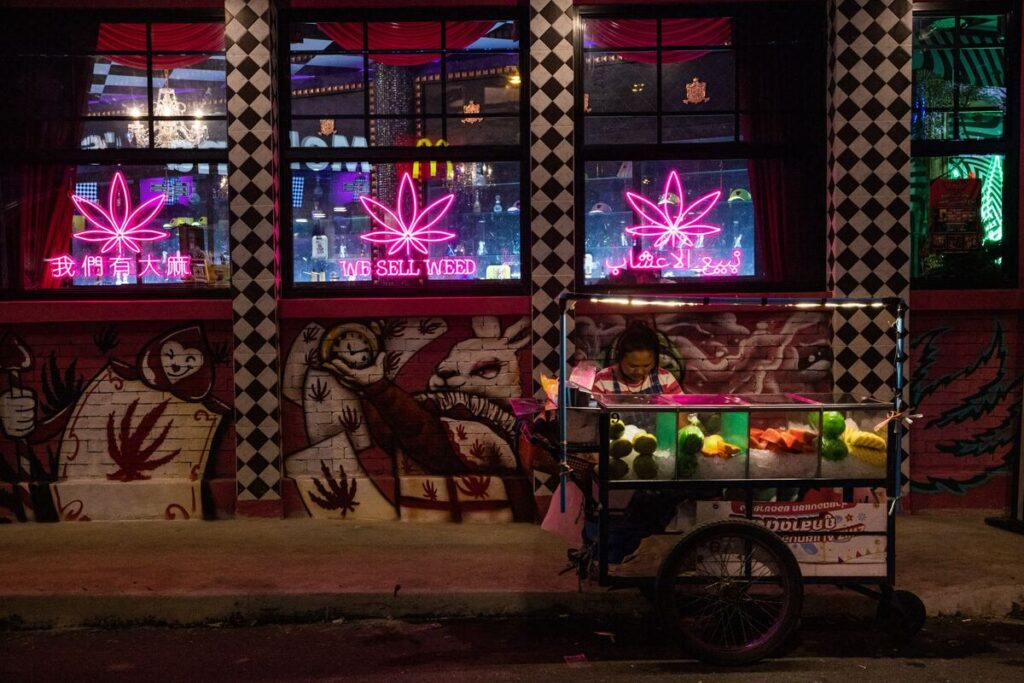
Bangkok remains the beating heart of Thailand’s cannabis scene, offering an unmatched range of dispensaries, themed lounges, and infused dining experiences. The city’s cosmopolitan appeal has made it a magnet for entrepreneurs, many of whom have transformed prime retail spaces into upscale cannabis boutiques. In 2025, Bangkok’s cannabis offerings range from high-end stores showcasing premium strains and concentrates to cosy street-side spots serving pre-rolls alongside Thai iced tea. Themed venues have become increasingly popular, such as rooftop lounges with panoramic city views, art cafés hosting cannabis-friendly workshops, and live music venues where cannabis is integrated into the overall experience. The city’s cannabis market thrives on diversity, attracting everyone from first-time curious tourists to seasoned connoisseurs. However, operators are increasingly cautious, mindful of potential legal reforms that could tighten recreational access and limit certain promotional activities.
Phuket: The Luxury Cannabis Tourism Destination
Phuket has positioned itself as Thailand’s luxury cannabis tourism hotspot, blending tropical leisure with upscale consumption experiences. Beachfront resorts now feature cannabis wellness packages that include spa treatments with CBD oils, private smoking terraces, and curated strain menus designed to complement sunset cocktails. The island’s dining scene has embraced cannabis-infused gastronomy, with chefs offering multi-course meals where each dish is paired with specific terpene profiles. Yacht charters have even entered the market, offering cannabis-friendly cruises with onboard sommeliers. For many visitors, Phuket represents the glamour and indulgence of Thailand’s cannabis era. Yet local authorities are grappling with how to regulate such services while preserving the island’s family-friendly tourism image, creating an ongoing balancing act between innovation and public perception.
Chiang Mai: Cultural Cannabis Tourism with a Local Touch
Chiang Mai’s cannabis industry has developed with a distinctly local and cultural flavour. The city, known for its relaxed pace and artistic community, has embraced cannabis as part of its wellness and creative offerings. Dispensaries here often source from nearby farms in northern Thailand, where the cooler climate and fertile soil produce high-quality crops. Visitors can find cafés that combine cannabis with traditional herbal remedies, yoga retreats offering cannabis-assisted mindfulness sessions, and art studios hosting cannabis-friendly workshops. The slower, community-oriented pace of Chiang Mai’s cannabis scene appeals to travellers seeking an alternative to the high-energy atmosphere of Bangkok or Phuket. However, the uncertainty surrounding national cannabis laws has prompted some businesses to diversify their offerings to include non-cannabis wellness services as a safeguard against potential policy changes.
Policy Uncertainty and Industry Adaptation
The rapid expansion of Thailand’s cannabis market has caught the attention of policymakers, leading to intense debate over the future of the industry. In early 2025, discussions intensified over whether to restrict recreational use and revert to a medical-only model. Advocates for tighter regulation argue that clearer rules are needed to prevent underage consumption, protect public health, and manage the image of Thailand’s tourism sector. On the other hand, industry stakeholders warn that a sudden rollback could severely impact small businesses, foreign investment, and the country’s competitive advantage in Asia’s emerging cannabis market. Many operators are now adopting compliance-focused strategies, such as stricter ID checks, educational campaigns, and partnerships with licensed medical providers, to prepare for possible legal shifts while maintaining their current clientele.
Tourism at a Crossroads

As 2025 unfolds, Thailand’s cannabis tourism stands at a pivotal moment. The country’s unique position as the first in Asia to fully decriminalise cannabis has given it a powerful marketing edge, drawing travellers from regions where cannabis remains prohibited. Yet the long-term sustainability of this advantage depends on how the government resolves the tension between economic opportunity and regulatory caution. For now, Bangkok, Phuket, and Chiang Mai continue to welcome visitors eager to explore their diverse cannabis cultures. Whether the next chapter of Thailand’s cannabis story is one of continued expansion or strategic limitation will shape not only the future of the industry but also the nation’s reputation as a progressive, tourist-friendly destination.
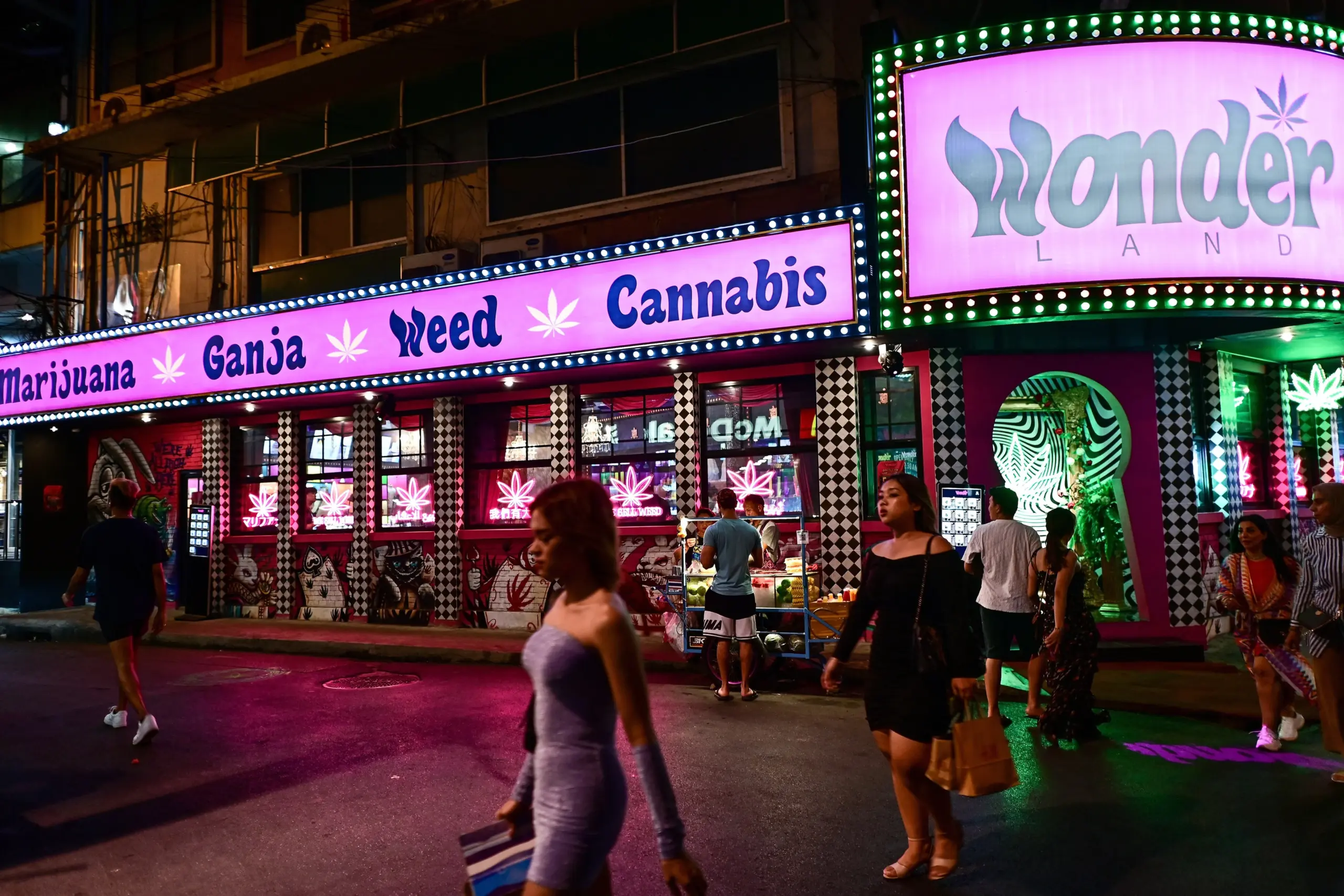
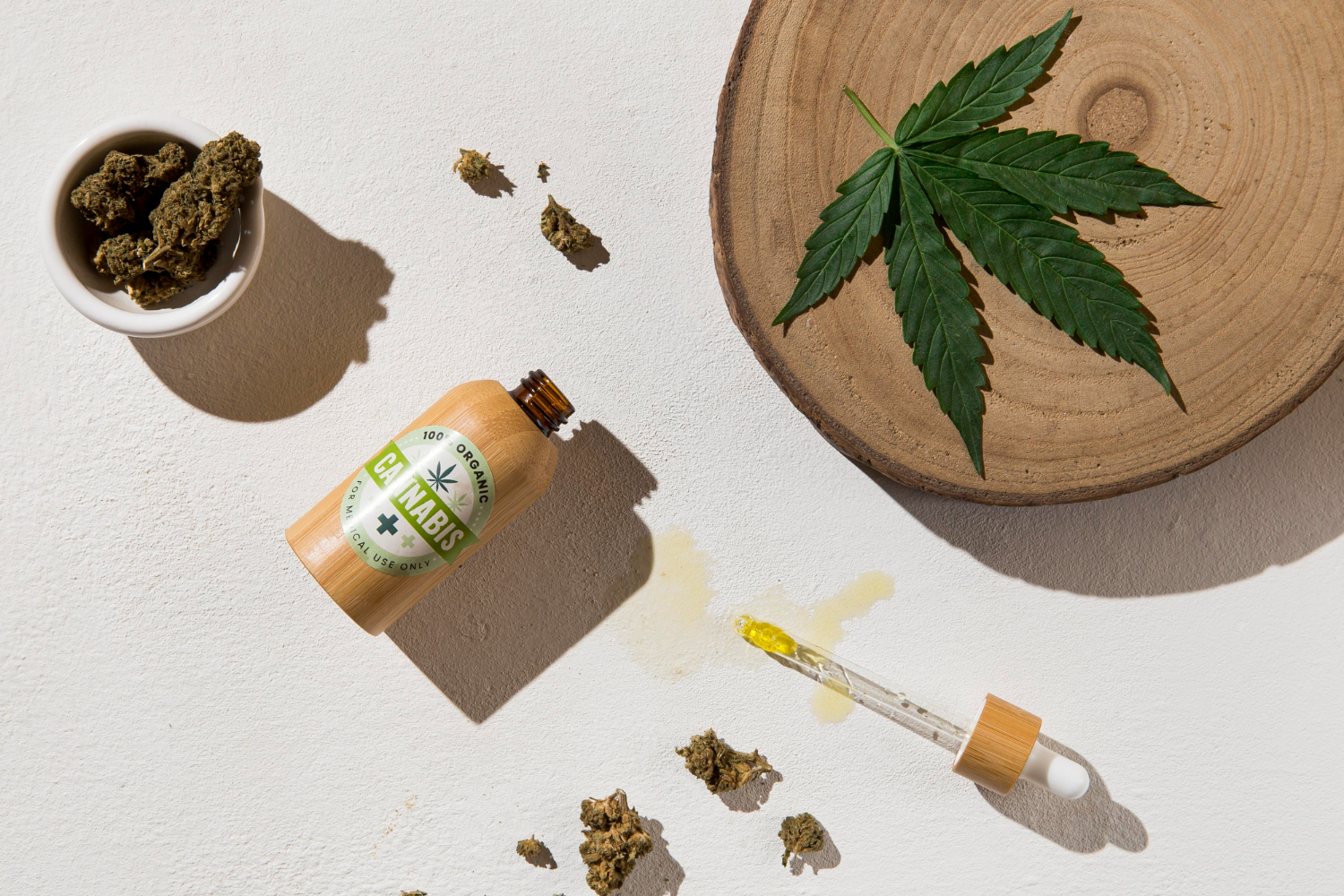

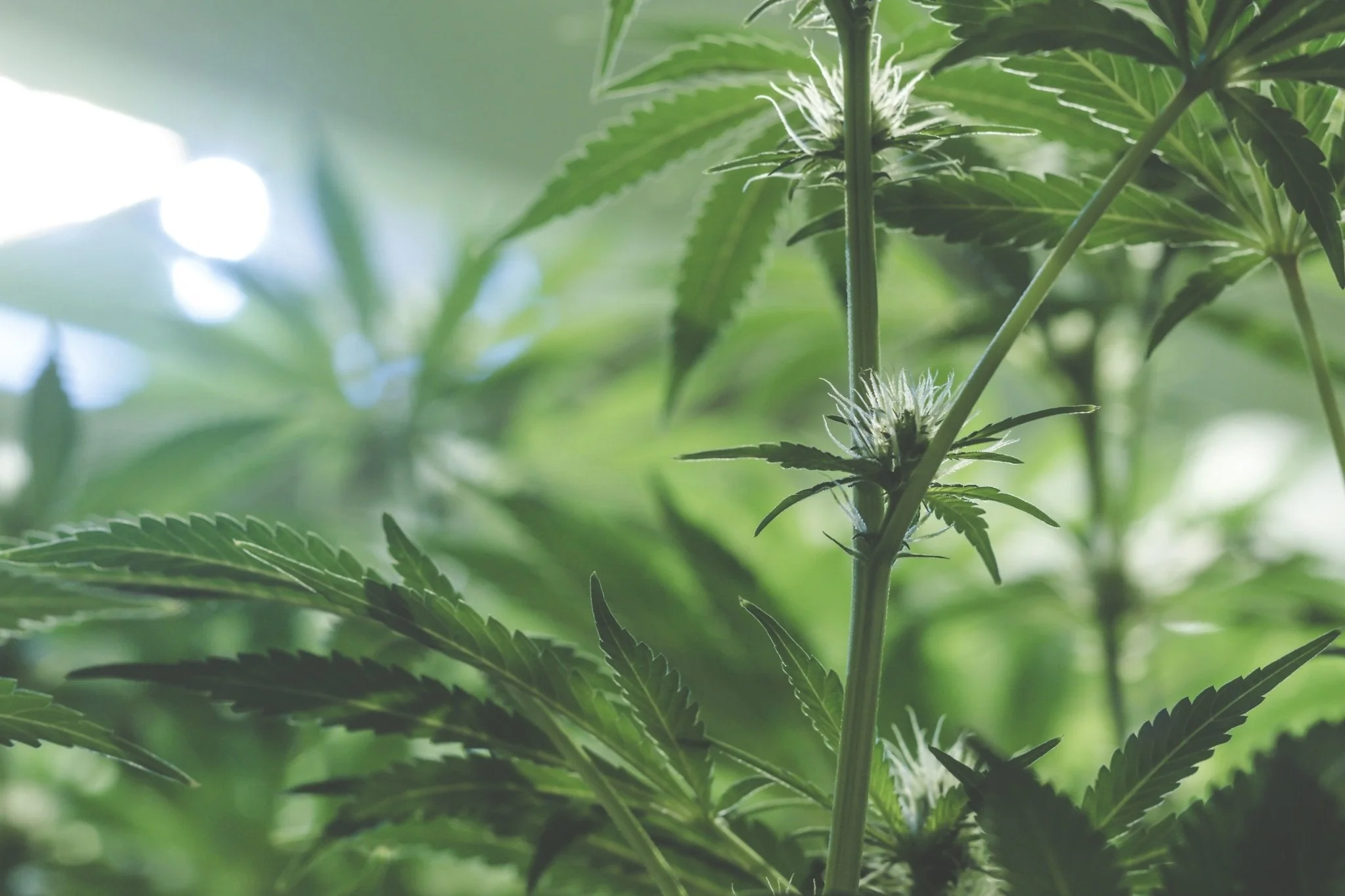
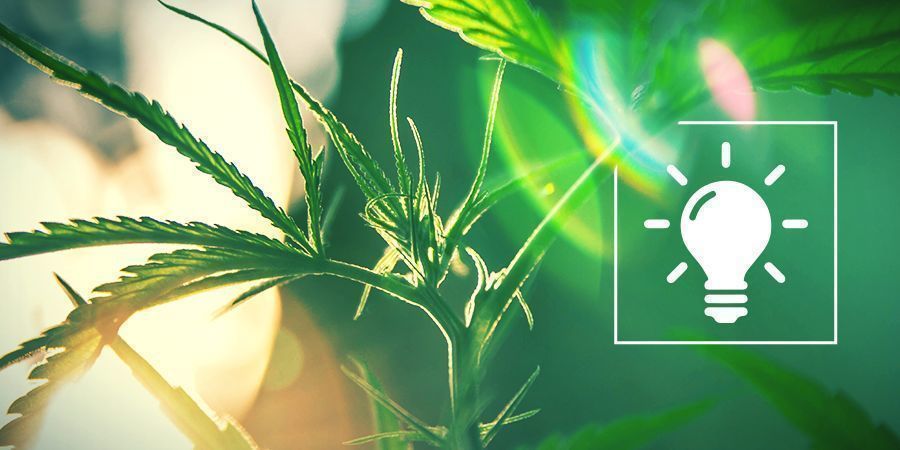
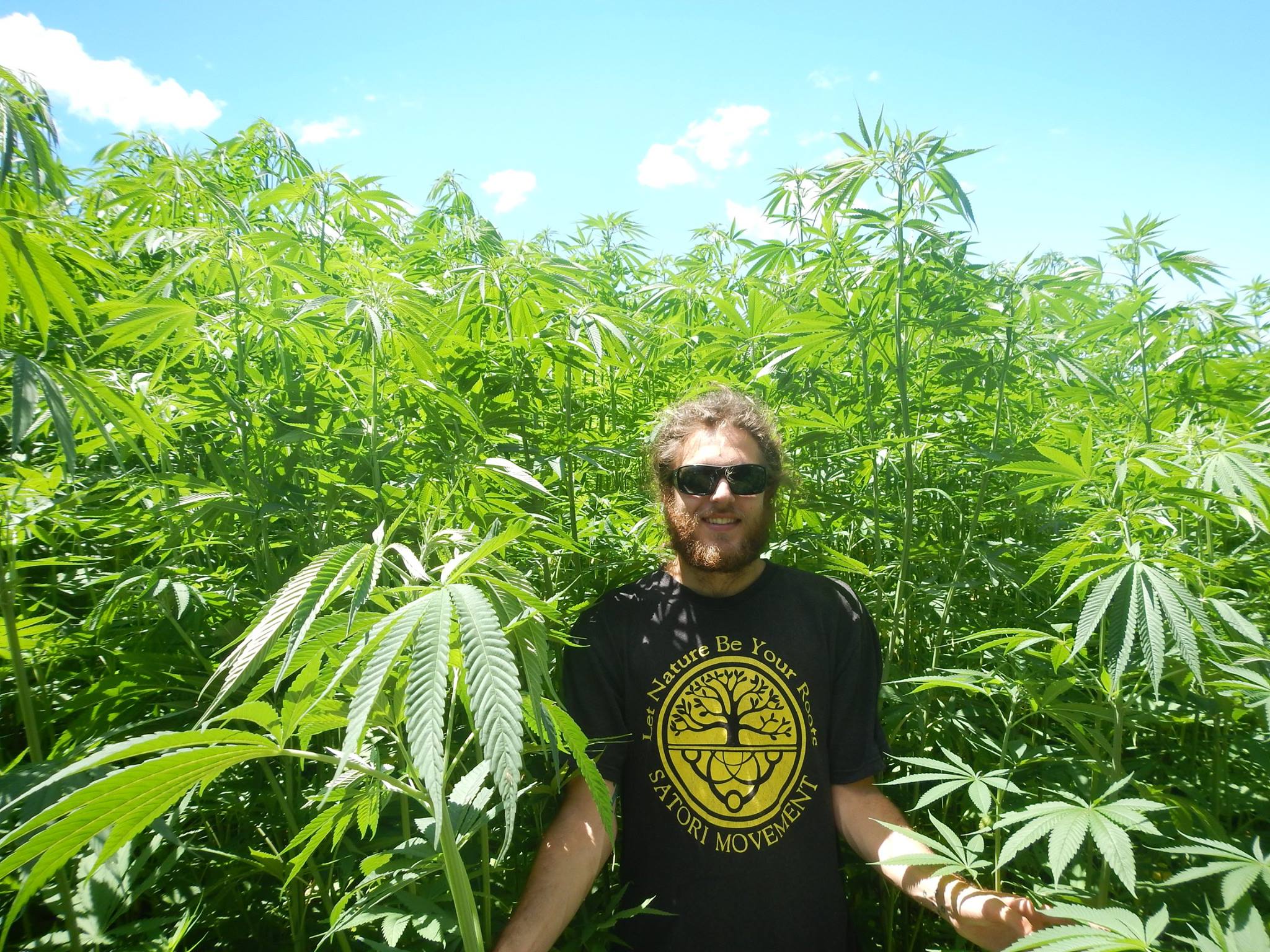
Leave a Reply